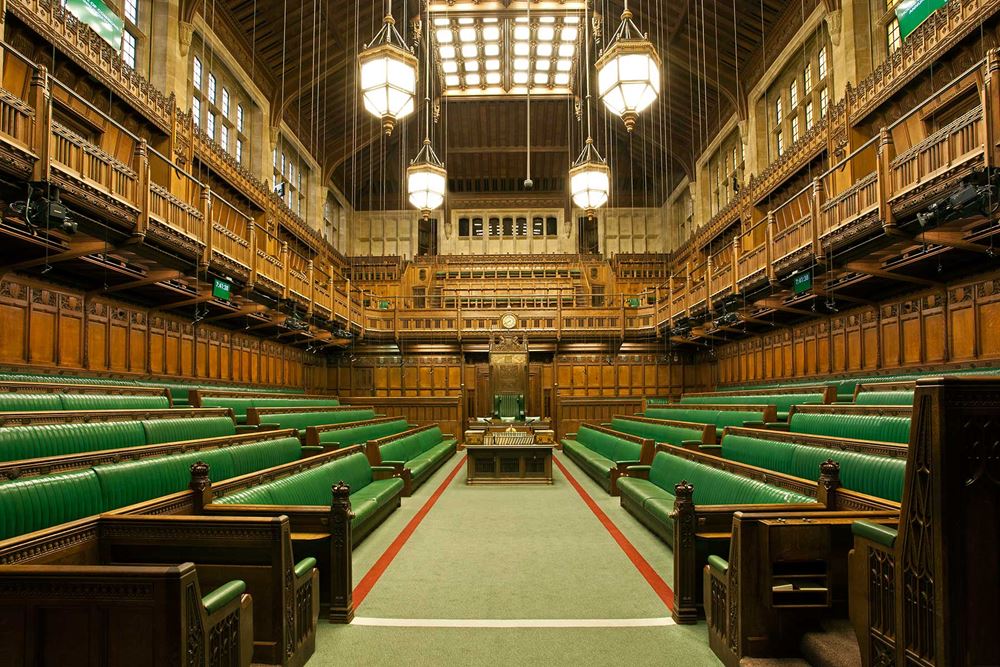As we recover from this pandemic, it is right that we create better, greener, and more accessible bus services for all. Everyone deserves to have access to cheap, reliable and quick bus journeys. That is why I am pleased that the Government has made better buses a central focus for levelling up and building back after the pandemic.
This new Strategy is the most ambitious shake-up of the bus sector in a generation, which will see lower, simpler flat fares in towns and cities, turn-up-and-go services on main routes and new flexible services to reconnect communities. Backed by £3 billion, this Strategy will deliver better, more reliable bus services for passengers, strengthening communities and sustaining town centres across the country.
To achieve this, a range of new measures will be put in place, including hundreds of miles of new bus lanes, simpler bus fares with daily caps, more services in the evenings and at the weekends, all buses to accept contactless payments, and greater integration of services and ticketing across all transport modes.
I am pleased that this Strategy encourages operators and local councils to enter into statutory “enhanced partnerships” or franchising agreements in order to receive the new funding and deliver the improvements. This will allow local authorities to work closely with bus companies, drawing on their operating knowledge and marketing skills. It is also welcome that the Government will hold a consultation later this year on reforming the Bus Service Operators Grant – the current main stream of Government bus funding – to achieve the same objective, as well as a consultation on when to end the sale of new diesel buses.
Bus Service Improvement Plans (BSIPs), which the Government expect local authorities to produce by the end of October, will need to set out ambitious visions for travel by bus, meeting the goals and expectations in the strategy. BSIPs will influence the share of the £3 billion funding that each authority receives.
